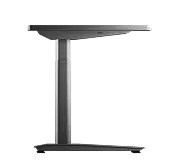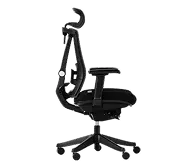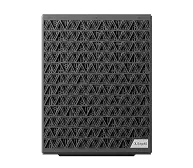- Newest
- Most viewed
Interested in a Link Placement?
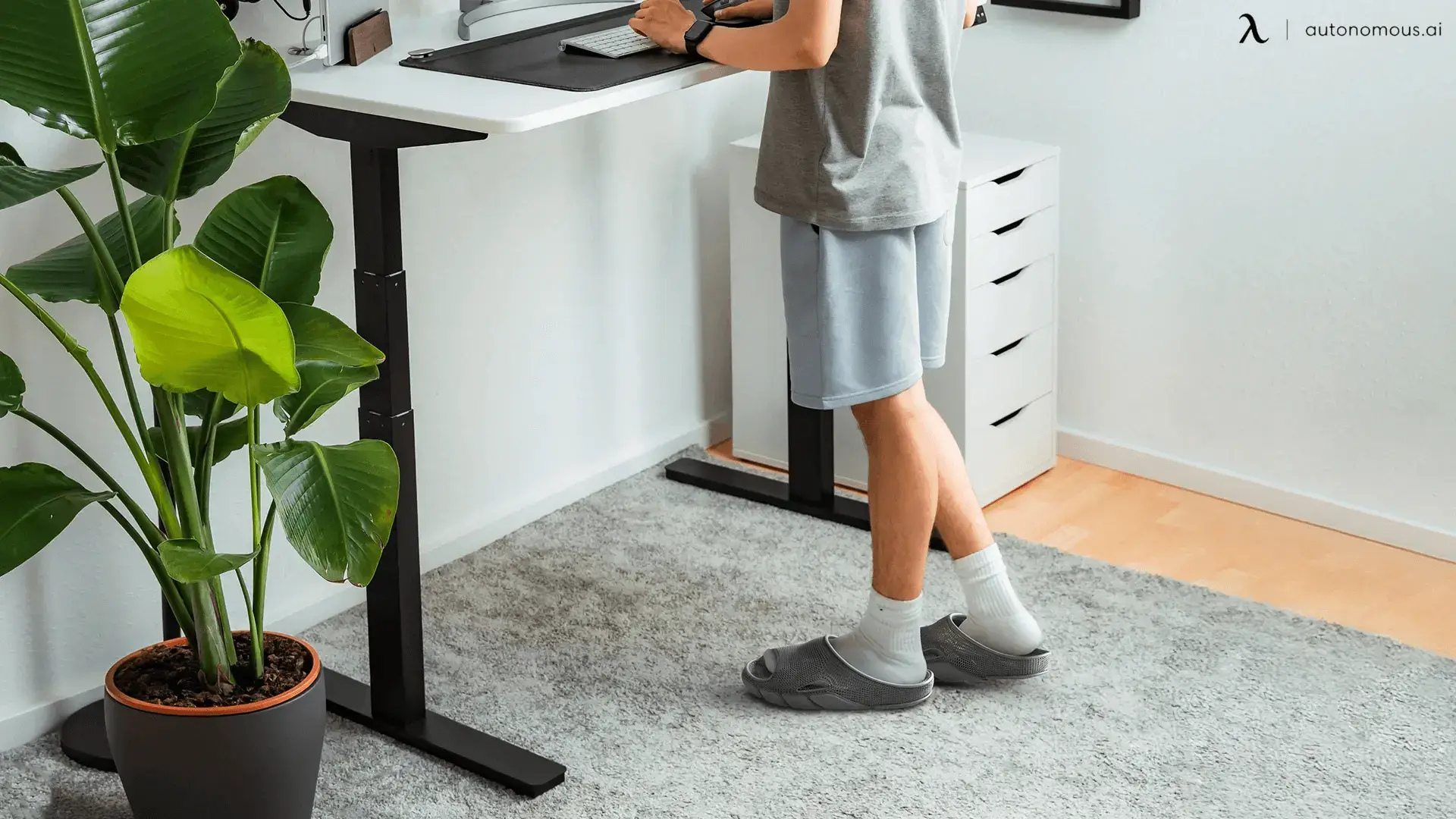
Should You Go for a Floor Standing Desk?
Discover the benefits of floor sitting to standing desks, including ergonomic advantages, flexibility, and better health. Find the best fit for your workspace.
Smart Products | Jul 18, 2025 258 views
.webp)
Xbox Summer Sale 2025 – Top Game Deals & Workspace Upgrades
Gaming Setup | Jul 17, 2025 559 views

PlayStation Summer Sale 2025 – Best Deals on PS5 & PS4 Games
Gaming Setup | Jul 17, 2025 272 views

Edge AI Applications: Revolutionizing Industries with AI
Smart Products | Jul 16, 2025 647 views
.webp)
Create Your Ultimate Ergonomic Gaming Setup
Gaming Setup | Jul 15, 2025 572 views

GPU vs CPU for AI: Choosing the Right Hardware for AI Tasks
Smart Products | Jul 14, 2025 334 views

Edge AI vs. Cloud AI: Key Differences and Benefits for Your Business
Smart Products | Jul 12, 2025 946 views
.webp)
What Is an AI PC Assistant? Features, Benefits, and How It Works
Smart Products | Jul 11, 2025 721 views
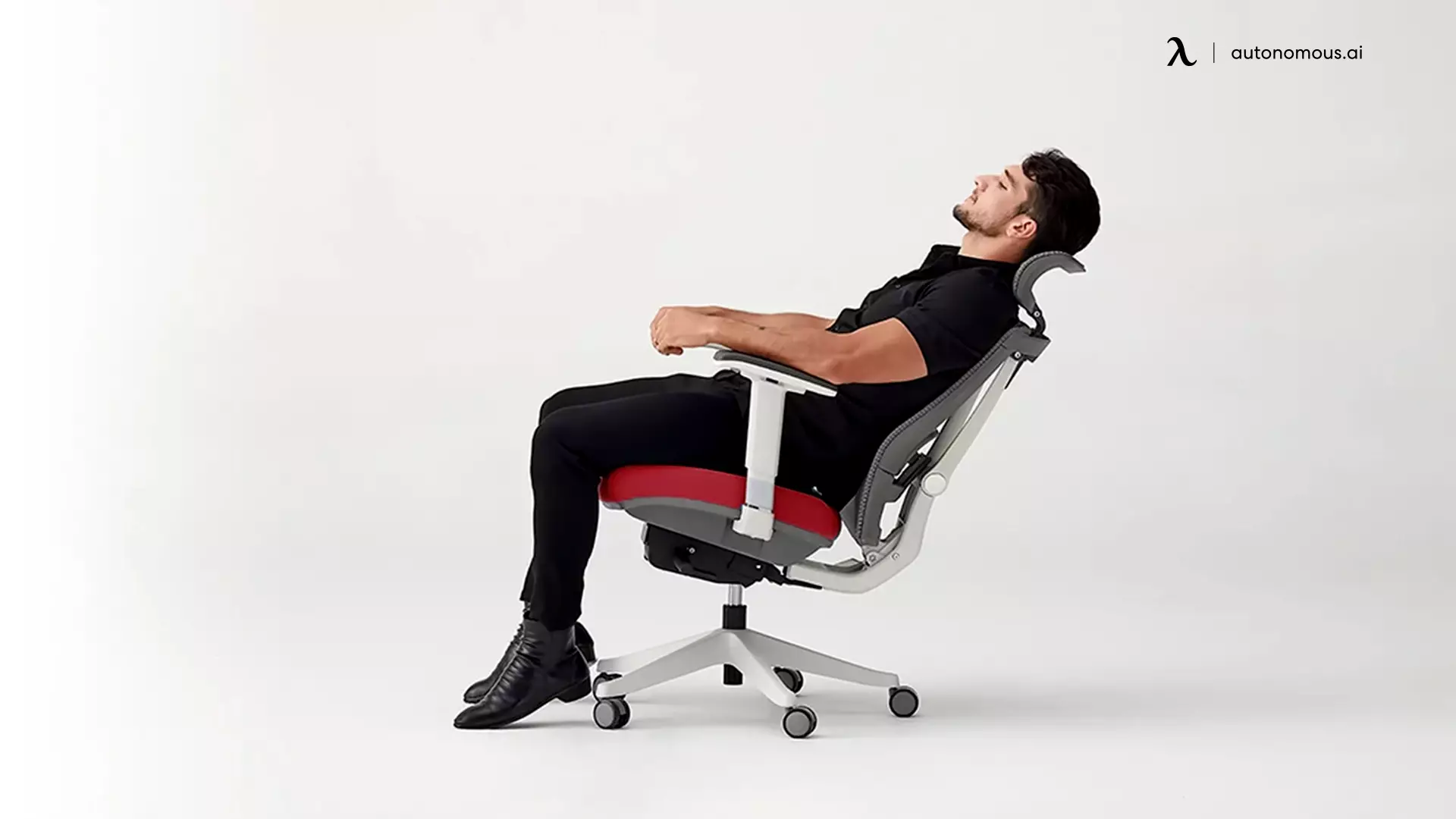
A Guide To Choosing The Best Office Chair Heating Pads
Smart Products | Jul 8, 2025 1,011 views
.webp)
Should You Buy An Office Chair Under $100? Pros And Cons
Smart Products | Jul 8, 2025 695 views

GoMining App Review: 6 Months Of Real Bitcoin Mining
Latest Updates | Jul 3, 2025 278 views

Wiser App Review: Is It Perfect For Daily Learning?
Latest Updates | Jul 3, 2025 1,168 views
.svg)
